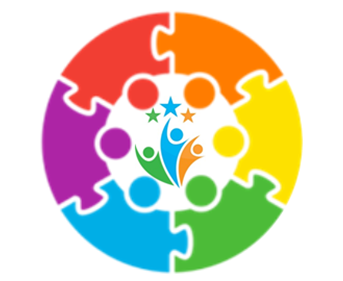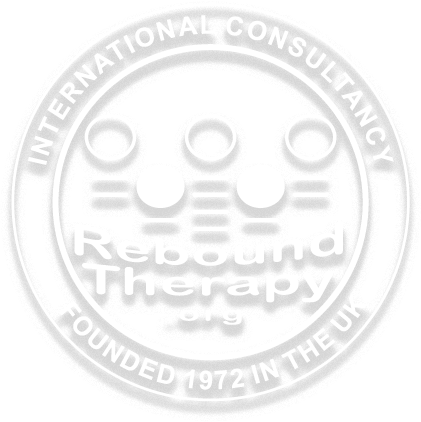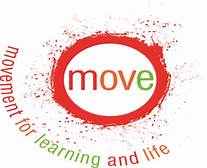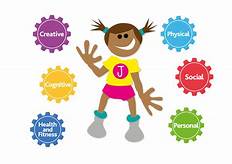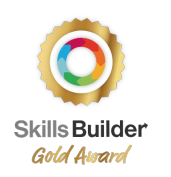Learning to Learn
The Learning to Learn (L2L) curriculum at Nancealverne School is followed by pupils where a process based, sensory and developmental curriculum is appropriate to meet their learning needs.
These pupils access educational experiences through a Learning to Learn rolling pathway, within which engaging topics are changed half termly. Within this the National Curriculum us used as a ‘vehicle’ for learning securing equality of opportunity in subjects studied / accessed. Within these topics we provide a wide variety of multisensory activities, learning invitations and opportunities to consolidate existing skills and to learn new ones.

These learning experiences may be provided in a variety of formats – individual, paired, small group and whole group. However, we recognise the individual needs, personalised learning plans and talents of each learner which facilitates development of their intellectual, moral, physical, social, spiritual and creative capacities. Therefore, each pupil has a personalised learning to learn profile, which includes objectives and targets set taking information from variety of sources including:
- Developmental stage of the learner/ Engagement model of learning
- EHC Plans
- Reports and information from multi-agency teams and involved professionals (including therapy plans and advice/guidance)
- Information gained from parents/carers
- Levels of support/resources required to access/engage in purposeful learning
The above is offered by a highly skilled and specialist team of teachers and teaching assistants, working seamlessly with external agencies and multi-professional teams to ensure the best outcomes for our pupils.

Learning areas
Following the recommendations of the Rochford Review, we have adopted the five areas of engagement as a means of showing progress. Through these areas pupils will develop interests, practice and refine skills and learn generalise the skills they have learned in different ways and in different situations. They will learn how their actions affect their world and the people in it. This is incorporated into our learning to learn programme of study learning, which is focused around the EHCP areas of need:
- Communication
- Cognition and learning
- Social, emotional and mental health
- Sensory
- Physical

1. Communication & Interaction
Imperative Communication
- Can utilise communication strategies to make requests, express preference and have needs met.
- Understands and responds to direction.
- Is supported in a Total Communication, language rich environment.
Social Interaction
- Understands social cues during interaction.
- Can operate as part of a social group, engaging in coactive or collaborative play and exploration.
- Recognises and responds to preferred adults and peers.
2. Cognition & Learning
Engagement & Participation
- Engagement is triggered by motivating stimuli.
- Can follow direction and expectation during learning opportunities.
- Demonstrates curiosity during exploration.
Problem solving & Resilience
- Exploring tasks and activities in increasingly complex ways.
- Developed attention, including shared attention, switching attention between activities, turn taking and attention on independent tasks.
- Increased frustration tolerance and persistence.
3. Social, Emotional & Mental Health
A sense of physical & emotional security
- Builds trusting relationships with supporting adults.
- Anticipates routine and structure, but can maintains regulation during unexpected changes.
- Calmer during times of transition.
- Engagement in learning is more easily triggered and sustained.
Wellbeing, regulation & reactions
- Recognises, requests and responds to personal regulation strategies.
- Reduction of fight/flight/freeze/sensory arousal.
- Engages with personalised wellbeing plans and activities.
4. Sensory & Physical
Sensory integration
- Has appropriate motor responses to sensory stimuli, such as turning towards the source of sounds.
- Registers and processes sensory information, from passive exploration through curiosity and exploration to purposeful engagement, with sensory cues supporting working memory to retrieve information.
Physical development
- Development of fine and gross motor operation.
- Development of coordination, balance and agility.
- Engages with structured physiotherapy plans which develop strength and mobility.
Whilst we follow the objectives of a structured subject-specific curriculum, we offer highly differentiated and personalised learning programmes. We deliver a specialist, high-quality, and relevant education. This focuses on personal skills and academic achievement, setting high expectations for all. We appreciate that students may not be working at age-related or key-stage expectations, and therefore measure progress from individual starting points.

